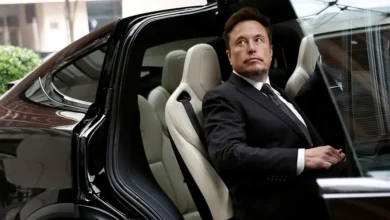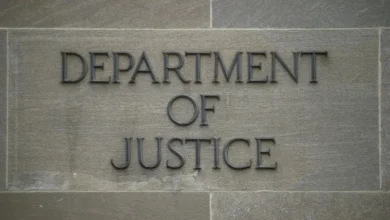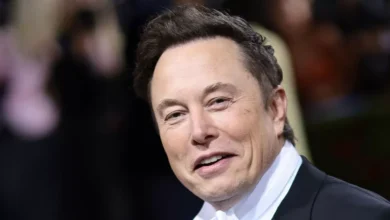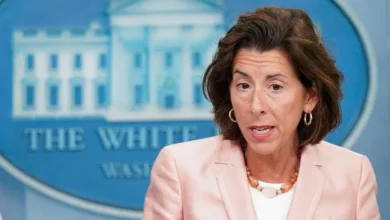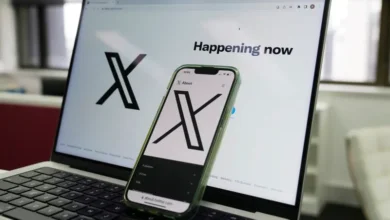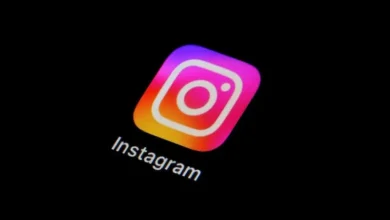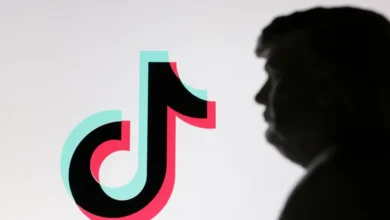Xi-Biden meet: Tariffs to Taiwan, what ails US-China ties as Trump looms
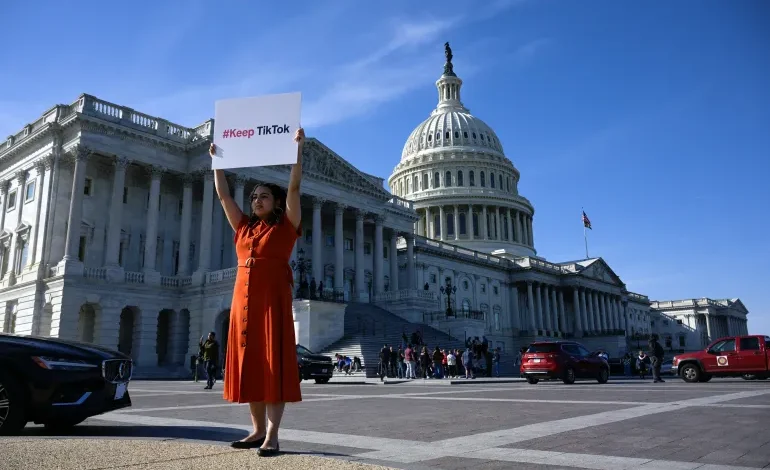
United States President Joe Biden and President Xi Jinping of China will meet on Saturday in what is expected to be their last face-to-face meeting during Biden’s term as Beijing braces for a Donald Trump presidency in Washington.
The two leaders are attending a two-day heads of state meeting of the Asia Pacific Economic Cooperation group in Lima, Peru, that began on Friday. Saturday’s meeting will be the third time the two will meet in person since Biden took office.
Relations between China and the US, the world’s most important superpowers, had nosedived during Trump’s first term as president, when he started a trade war with Beijing, using punishing tariff rates.
Yet ties became even rockier in the past four years of the Biden administration, with sore points ranging from trade wars to TikTok. In 2023, Mexico overtook China as the US’s biggest trade partner for the first time in 20 years as economic ties deteriorated.
Still, Biden has sought to maintain a steady relationship with Beijing. US National Security Adviser Jake Sullivan told reporters ahead of the Lima meeting that Xi and Biden would discuss the transition to a Trump White House and the need for level-headedness on both sides in that period.
Trade wars
Trump, in his first run as government, kickstarted a trade war with China after his administration blamed Beijing for ‘unfair’ trade practices that it said contributed to a large trade deficit in China’s favour. Those practices, the US maintains, include forced labour, intellectual property theft and unfairly low pricing that hurts US producers. China has long denied these allegations.
From January 2018, the Trump administration imposed higher tariffs on Chinese imports at rates of between 10 to 25 percent under Section 301 of the Trade Act. Beijing accused Washington of ‘nationalist protectionism’ and retaliated with higher tariffs on US imports.
However, close to the end of Trump’s first term, the two countries agreed to a deal that would see Washington reduce tariffs on some goods. China in return committed to improving intellectual property rights and also buying an additional $200bn-worth of US goods above 2017 levels by the end of 2021. Trump touted the deal with Xi, his “very good friend” as a success, but researchers in 2022 said that China had bought goods worth only 58 percent of the amount it had committed to purchasing.
Biden mainly kept Trump-era tariffs in place throughout his term and additionally sanctioned Chinese companies for dealing with Russia, following Russia’s invasion of Ukraine.
TikTok denies those claims. Chief executive Shou Zi Chew, who was grilled by US lawmakers in Congress in March 2023, maintained that “Bytedance is not an agent of China”. The app is now banned from government-issued phones in the US, the United Kingdom and Canada.
Trump’s administration was the first to attempt a TikTok ban back in 2020, under an executive order. However, the company was able to secure an injunction from a Washington judge who said such a prohibition was unlawful. Experts say TikTok could again seek an injunction, and that the legal process could take several years.
China has maintained it is against the app’s sale.

